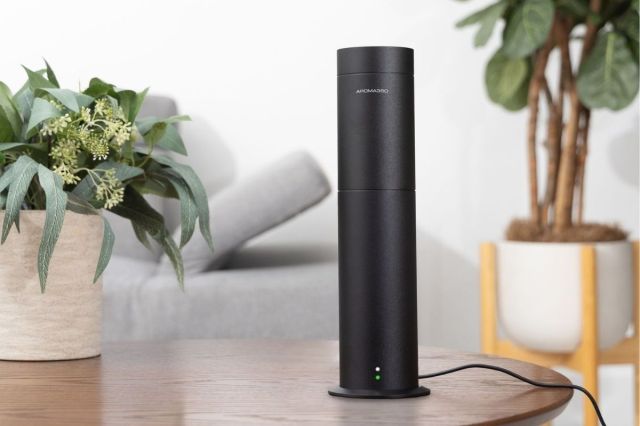The “early bird dinner” — enjoying your last meal of the day between 4 p.m. and 5 p.m. — has never been a popular option among Americans. The average dinner time in the States is 6:22 p.m., and many other countries enjoy the final meal of the day even later than that. But it’s time dining earlier gets a second glance — research shows that sitting down to supper before the sun goes down may have some perks.

Eating Earlier Helps Digestion
Snagging a discount at a restaurant isn’t the only benefit of ordering dinner earlier in the day. Researchers believe sitting down for an early supper helps your body by giving it enough time to digest food before bed. Sleep tends to slow digestion, which can reduce blood sugar regulation because blood glucose levels typically rise after eating. But with enough time, they can level out before you climb into bed. Falling asleep with a full belly can also cause sleep disturbances, which can also lead to health issues.

Having Dinner Early Can Help With Some Medical Conditions
If you’ve ever woken up with a sour stomach or heartburn, there’s a good chance it’s due to the slowed digestion of a big meal. Many people diagnosed with gastroesophageal reflux disease (GERD) — a chronic condition that causes severe acid reflux — benefit from eating three to four hours before bedtime to keep these symptoms from flaring. Early dinners may also help people managing prediabetes or type 2 diabetes regulate their blood sugars while also lowering the risk of obesity. While research is still emerging, some scientists believe that having your last meal of the day earlier rather than later may also reduce your risk of cardiovascular diseases.

There’s No Universal “Best Time” to Eat
Ultimately, when you choose to enjoy your last large meal of the day is a personal preference. Many nutritionists point out that our bodies are unique, making it impossible to dictate one rule that works for everyone. Though eating between 4 p.m. and 5 p.m. can offer some health benefits, it’s possible that the strategy may not work based on your lifestyle, schedule, or body’s rhythm. In some cases, having dinner too early can cause you to return to the kitchen later in the evening in search of a snack or another meal, which negates all the possible benefits. Regular late-night eating can affect your metabolism over time, throwing off hunger cues and interfering with how your body stores fat and burns calories.
If you’re not ready to order an early bird special or feel that the timing won’t work, there’s still an easy way to figure out when to ring the dinner bell. Doctors recommend sitting down for your last meal of the day about two to four hours before your regular bedtime, which should give your stomach a shot at doing its digestion duties.
Featured Image Credit: Getty Images/ Unsplash+
More From Our Network
Better Report is part of Inbox Studio, an email-first media company. *Indicates a third-party property.














